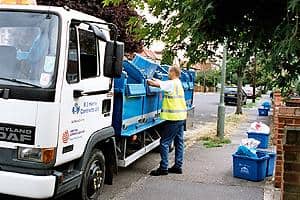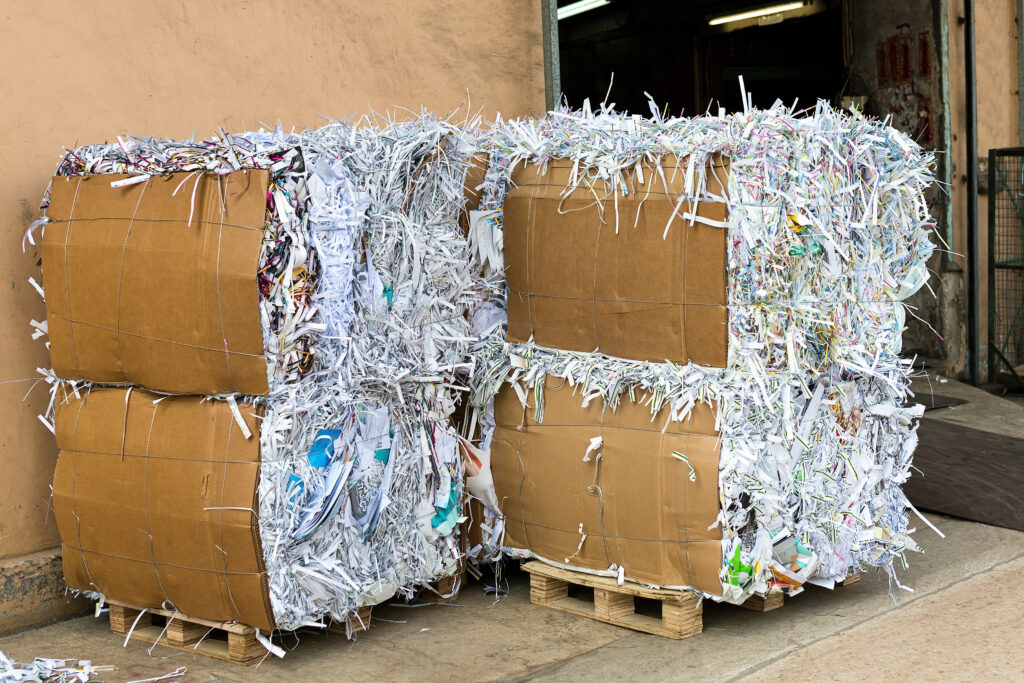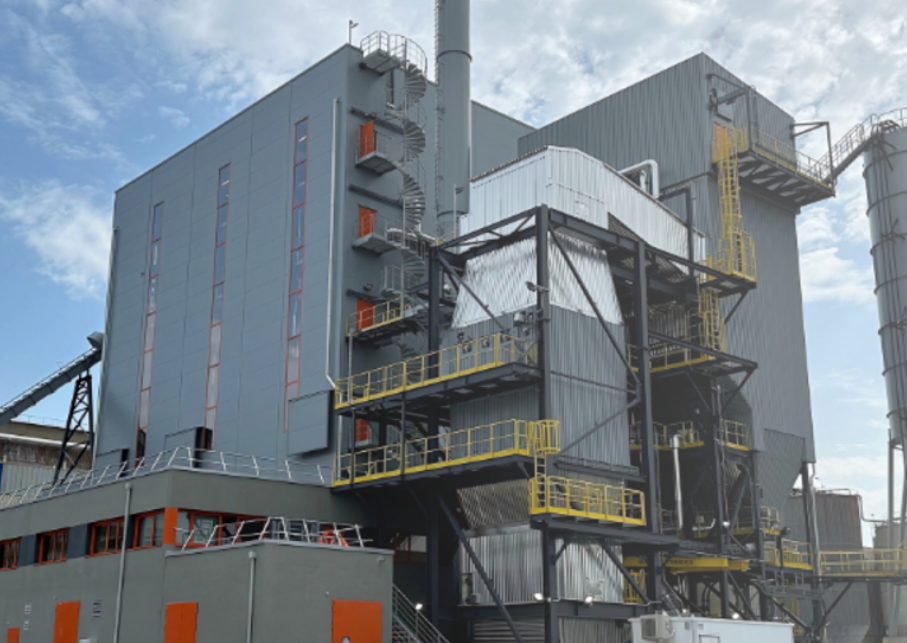The mill went into administration on February 2 2010 and subsequently ceased production – it had faced soaring energy bills, high raw material costs and difficulties in increaing prices for the newsprint it produced. The administrators move swiftly to sell on assets and have now achieved the sale of the collection side of the business, which primarily served the mill, in less than 10 days. In contrast, the sale of the mill remains uncertain and on February 12 2010, Ernst and Young, the administrators, announced that 251 of the mill employees were being made redundant.
Palm Recycling
A statement issued today (February 12 2010) by Palm, said: “Palm Recycling Limited, a subsidiary of Palm Paper Limited, which is part of the the German Palm Group, has acquired the business and assets of Cheshire Recycling Limited, trading as AbitibiBowater Recycling Europe, from the administrators for an undisclosed sum.”

The deal means that the used newspapers and magazines collected by the Cheshire Recycling collection business from local authorities in the UK, particularly in the Midlands and North East England, will be used by the Palm Paper mill in King’s Lynn. The mill, the most modern in the world, started trial production last autumn and is due to be officially opened this summer.
The agreement will also mean that Palm gets access to press room material – unused newspapers and offcuts generated at newspaper printing plants – through contracts previously held by Cheshire Recycling.
Challenges
Palm had been facing some challenges in securing enough tonnage for King’s Lynn and its input so far had been partly through securing some material that was previously exported and importing some used newspapers from the continent. The company has also been concerned about the quality of UK newspapers it has received because of contamination and by buying the Cheshire Recycling business will hope that because the material is sorted at the kerbside, it will be relatively clean.
Alongside the newspapers, Palm will now gain significant tonnages of other materials including cans and these are expected to be sold through existing routes.
“We are delighted to have been able to conclude these arrangements.“
– Dr Wolfgang Palm
Dr Wolfgang Palm, chief executive of the UK Palm business’s parent company, Papierfabrik, said: “We are delighted to have been able to conclude these arrangements, a measure of the like-minded approach by both parties. For Palm Paper it means a long-term, secure supply of fibre for our King’s Lynn mill, while Palm Recycling will work with the company’s business partners to provide continuity of service from the existing operations team.”
Experience
With the purchase of Cheshire Recycling, Palm Recycling also gains more experienced staff in the UK newspaper recylcing sector. This includes Ron Humphreys, managing director of Cheshire Recycling, who has had long involvement in the UK’s paper sector.
Mr Humphreys said: “This is an important day for all of us in the business and I am thrilled that we are able to quash any uncertainty about our future so quickly. Cheshire Recycling had an illustrious history – from having introduced paper banks into the UK some 25 years ago, to helping to pioneer door-to-door recycling and expanding that to include multi-material collections.
“Now we are to be part of an equally innovative parent company, which runs the world’s largest newsprint machine here in the UK. We look forward to Palm Recycling making a significant contribution to its new parent.”
Palm Paper
Palm Paper Limited is a subsidiary of the German Papierfabrik Palm GmbH & Co. KG and supplies the UK and Ireland with newsprint, corrugated case material and Kraftliner. In King’s Lynn the company employs 150 people and runs the world’s largest newsprint machine.
The Palm Group also has three paper mills in Germany, 18 packaging plants in Germany, the Netherlands and Switzerland and sales offices throughout Europe.








Subscribe for free